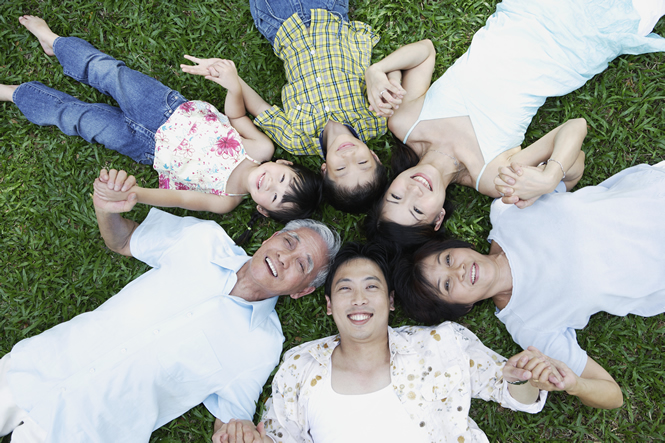05 February 2012
Staying Active in Your Body, Mind and Soul

As human beings, we have instincts and needs. We can lead a smooth and fulfilled life only when all our natural needs are met. For example, a well-fed body is an energetic one. Similarly, people can only be assured of a healthy retirement life when their physical and emotional needs are met.
As well as nutrients, our bodies need exercise. Lack of exercise not only leads to physical deterioration but also to many health problems. Therefore, appropriate exercise is necessary to maintain good health and to retain an active and dynamic lifestyle.
Psychologically, we have emotional needs. Just as the lack of physical exercise can cause physical decline, a lack of mental exercise can cause degradation in the brain. The more you use your brain, the more flexible your mind will be. Hand-in-hand with these physical and mental needs, emotional and social needs are equally as important, though sadly they are often overlooked. Many retirees have less contact with their family and friends, and many choose to, or are required to, live alone. Consequently, it is easy for them to feel emotionally neglected, lonely, unhappy and ill-motivated.
Many retirees either adopt a more relaxed mental attitude, or become very inactive physically, mentally and emotionally. As a result, they become vulnerable and their physical and mental health begins to fail. If they remain unaware of this, they will take it for granted and think that this situation is normal for retirees. Thus, they take an even more inactive approach and their life unconsciously falls into a vicious cycle of inactivity and deterioration.
Therefore, an important strategy for retirement is to stay active to maintain a well-managed and fulfilling daily life. The key to remaining active is to stay motivated, that is, to have a goal. Without a goal, it is hard to be motivated. The first step is thus to carry out a self-evaluation exercise to decide on the goals that we find meaningful and which we would like to achieve after retirement. Then, according to these goals, we need to prepare our bodies, minds and spirits, spending time each day to make our lives both happy and meaningful.
The biggest barrier to working out this strategy is often a lack of companionship, so we should strive to live in a high-quality community, where the surrounding environment will effectively help us to put our retirement strategy into practice.
Dr Wong Chung-kwong, JP
Chairman, Board of Advisors at the Whole Person Development Centre
Continuous reading:
Stay Active in Your Retirement
Wellness
